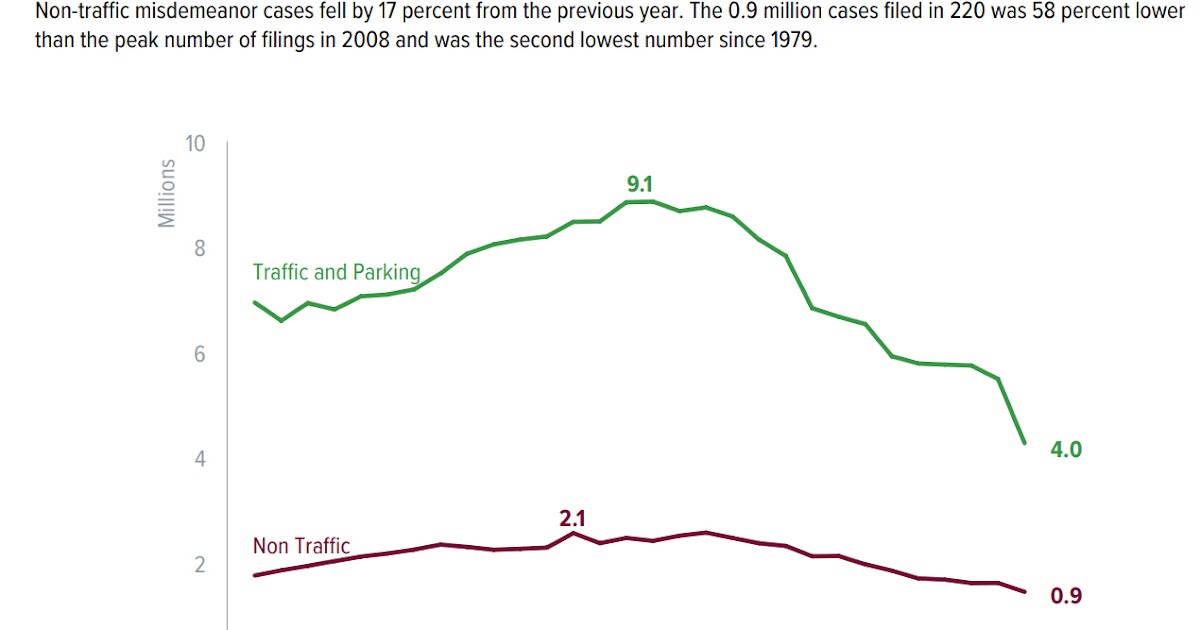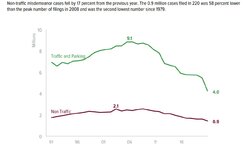Silver Lifetime
- Messages
- 42,776
- Reactions
- 111,088

Texas radically reduced traffic enforcement with no noticeable impact on road safety
What's the relationship between traffic enforcement by police and roadway safety? Arguably not much. Over the last decade, the number of tra...













